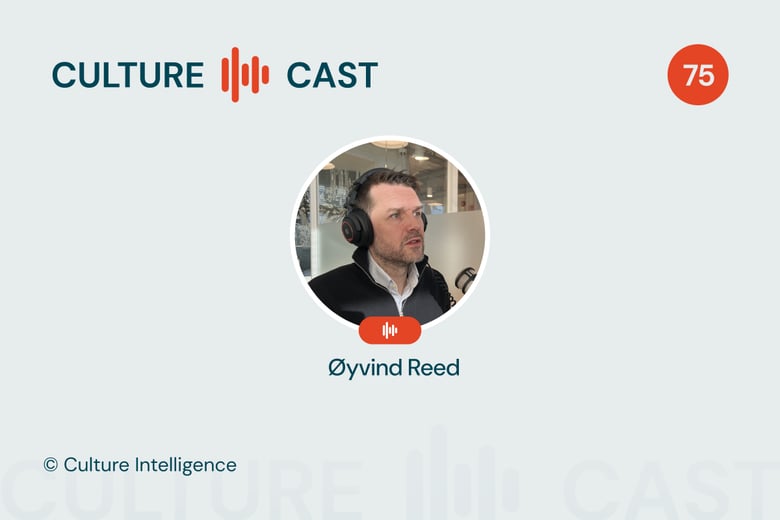As the financial value of many companies in Norway and throughout the EU has gone down, there are now many oil-related and engineering companies on sale. The prices have gone down mostly as a result of the lowering oil price, but also due to limited short-term business opportunities.
In this situation, it is likely that highly financially supported actors and investors will look for mergers and acquisitions opportunities. The rich company takes over the poor company. Big asset company buys small company. Two companies are merged to design one stronger unit to resist bending over and being squeezed in the market.
The financial challenge is pricing and value. Is the company worth as much if the leaders and key people have left the site? Are the two units able to integrate their leadership? Commercially, is synergy possible? Who will be the leading thinkers? And how, in an acquisition, can you as an investor find out?
The cultural capital in any company defines its potential to master complexity, solve multiple problems, work across cultural barriers, and think innovatively. How can that be assessed and how can the result indicate pricing and suggest a viable way to succeed in a merger or an acquisition?
The cultural capital can be assessed through cultural assessment, where individual input of values priorities are carried out in the companies being acquired or merged. The outcome is a cultural map that indicates mindsets and prioritized values. This will be the investors' guide to pricing, integration, keeping leaders, and market strategy in the post-merger.
Having done the cultural assessment, the integration process will be shorter, faster, and hence cheaper. The two parties involved in a merger will have precise insight into their former cultural map and can build on that to get on board the new merged platform.
70% of all mergers fail, mostly because people cannot work together. Knowing where their priorities are and what their mindsets are will improve the success rate. Based on this, when will cultural capital due diligence become a required part of M&A? And knowing that these data can be gathered, how can they be available for more investors?



